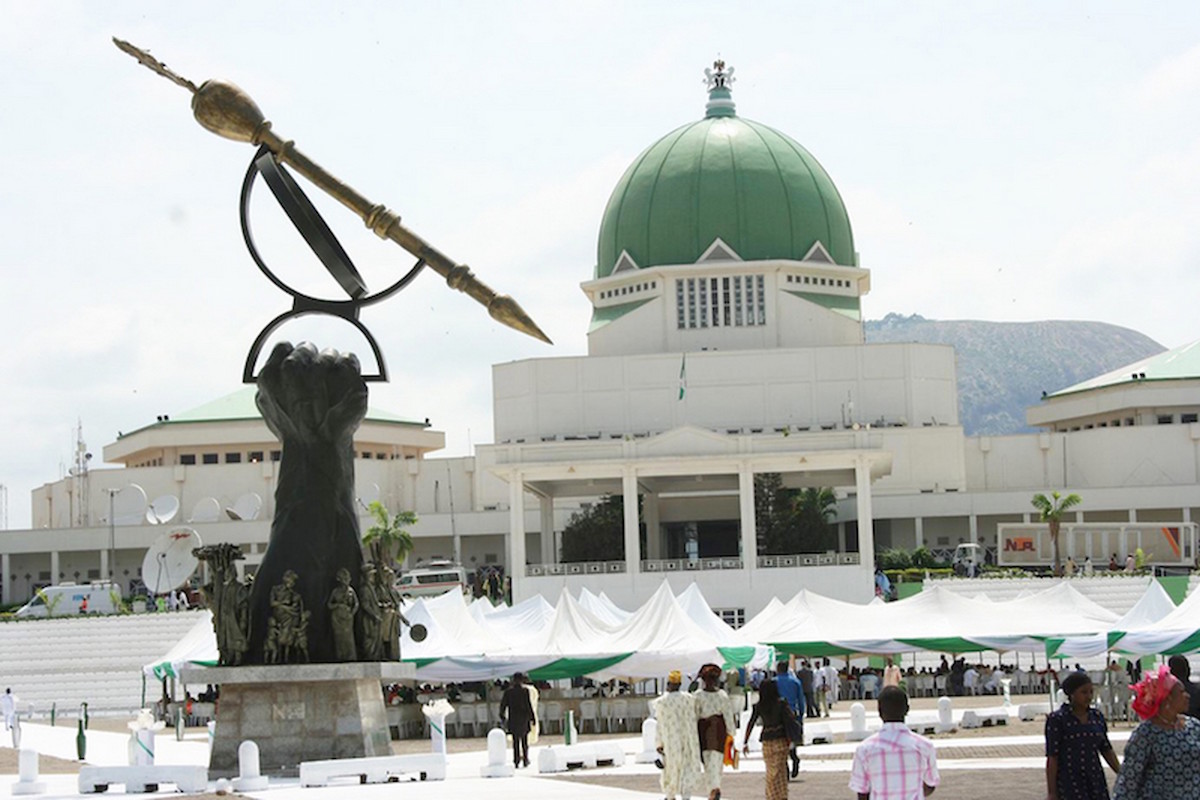Tax reforms: Tinubu transmits bills to N’Assembly, proposes new name for FIRS
Both chambers of the National Assembly on Thursday received four different executive bills from President Bola Ahmed Tinubu seeking to reform the country’s tax system. One of the bills titled, “The Nigeria Revenue Service (Establishment) Bill, 2024, is seeking the National Assembly approval to change the name Federal Inland Revenue Service (FIRS) to Nigeria Revenue […]

Both chambers of the National Assembly on Thursday received four different executive bills from President Bola Ahmed Tinubu seeking to reform the country’s tax system.
One of the bills titled, “The Nigeria Revenue Service (Establishment) Bill, 2024, is seeking the National Assembly approval to change the name Federal Inland Revenue Service (FIRS) to Nigeria Revenue Service (NRS).
In a letter read by the President of the Senate, Godswill Akpabio, during plenary on Thursday, President Tinubu asked the lawmakers to repeal the Federal Inland Revenue Service (Establishment) Act, No. 13, 2007.
Other reform bills in the letter titled, ‘Transmission of Fiscal Policy and Tax Reform Bills transmitted to the National Assembly by the President are the Nigeria Tax Bill which seeks to provide a consolidated fiscal framework for taxation in Nigeria.
- Give us economic relief as anniversary gift, Hijrah body tells Tinubu
- Reps urge Tinubu to address alleged breach in NWDC board’s appointment
The Nigeria Tax Administration Bill seeks to provide a clear and concise legal framework for the fair, consistent and efficient administration of all the tax laws to facilitate ease of tax compliance and reduce tax disputes to optimise revenue was also transmitted.
Similarly, the President transmitted the Joint Revenue Board (Establishment) Bill which aims at establishing the joint revenue board, the tax appeal tribunal and the office of the tax Ombudsman for the harmonisation, coordination and settlement of disputes arising from revenue administration in the country.
Tinubu said, “I am confident that the bill when passed, will encourage investment, boost consumer spending and stimulate Nigeria’s economic growth.”
